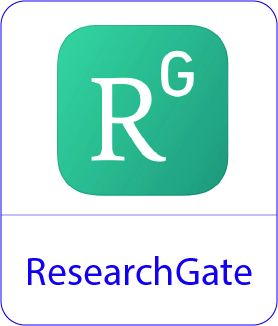The Juristic Rulings Concerning Those in Debts
DOI:
https://doi.org/10.51930/jcois.2021.67.292-260Keywords:
Keywords: juristic rulings – the channel of those in debts.Abstract
Abstract:
This research aimed to shed light on the juristic rulings concerning those in debts. It adopted the inductive approach, the analytical approach and the comparative approach. It tackled the following issues: definition of Zakat, the channels of paying Zakat, definition of those in debts, types of those in debts, those in debts who are not entitled to take Zakat, their cases, spending money by those in debts if taken by those in debts and the poor, and when those in debts become rich before paying their debts, and the ruling on paying the debt of the dead indebted from the Zakat money.
The most important results of the research are as follows:
Muslim jurists divided those in debts into two types: first: the one who is indebted for the benefit of anyone else. Second: those who are indebted for reclaiming oneself. The right opinion is that if those in debts become rich before paying their debts, they must return money to the ruler or to the one from he took. If not, he should pay it in the channels of Zakat. Those who have not enough income should not borrow to establish a factory, a farm, and so on because the Zakat is given to the poor to meet their dire needs rather than increase wealth and become richer. Those who are indebted for the benefit of themselves and who can earn their living should not take from Zakat money if they can pay their debts from what the money they earn or if the debtor grants them time till it is easy for him to repay. Additionally, those who have money either cash or real estate can repay from it. When some of those who are entitled to take Zakat take it in a particular case, but now they are not as such, they should not return the Zakat. However, if a particular group became not entitled to take Zakat, they should return the Zakat.
Keywords: juristic rulings – the channel of those in debts.
.jpg)
2.png)






